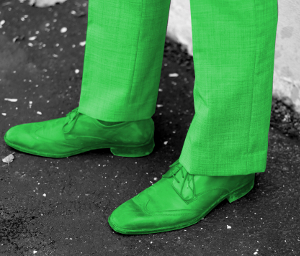Worley chief speaks
 Worley CEO Chris Ashton is undertaking extensive efforts to reaffirm the company's integrity.
Worley CEO Chris Ashton is undertaking extensive efforts to reaffirm the company's integrity.
The engineering company is scrambling after a significant downturn in its share price, triggered by corruption allegations levelled by the Ecuadorian government.
The dispute centres on claims by Worley of unpaid fees for energy projects conducted in Ecuador from 2011 to 2017.
These allegations gained traction following a Paris tribunal's December 22 ruling, which suggested Worley had disregarded the corrupt practices of an Ecuadorian subcontractor, Tecnazul.
Ecuador's assertion in the arbitration was that Worley paid “improper benefits” to state-owned enterprises, securing contracts in return.
However, Worley maintains that its success in securing contracts was due to its “impressive credentials – not bribery”.
In response to these developments, Mr Ashton says he has been proactively engaging with investors and analysts.
“We did not breach any anti-bribery or corruption laws, and we’re working with our external lawyers, and we’re going to refute the [arbitration] ruling. We’re not a corrupt culture.,” he said.
This follows a briefing to Worley's board and investment bank analysts, aiming to allay concerns and reinforce the message that Worley is “not corrupt”.
Transparency has been a focal point in Worley's strategy to address these allegations.
Despite prior reservations about naming specific parties involved in the arbitration, such as state-owned Petroecuador and Refinería del Pacífico, these were eventually disclosed in US court filings.
Mr Ashton justified the initial reluctance, citing potential prejudice against the pursuit of their recovery.
Governance changes have also been a key area of focus for Worley.
Mr Ashton pointed out the implementation of new internal rules and the introduction of a project assurance group and an internal audit strategy with assistance from EY. These measures aim to reinforce responsible business practices and enhance corporate governance.







 Print
Print